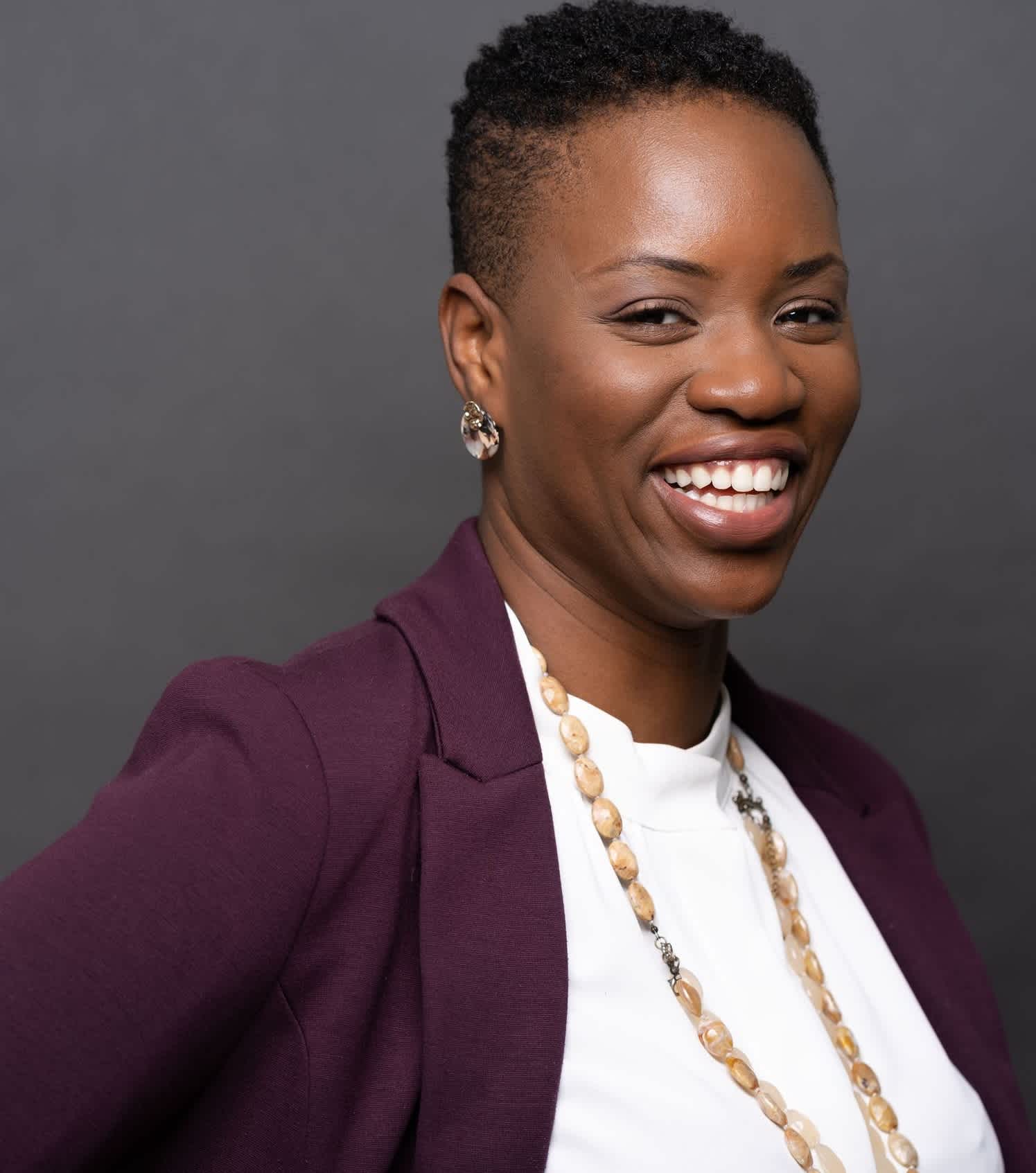How Ballethnic Dance Company Celebrates Diversity Through Dance
Founded by Nena Gilreath and Waverly T. Lucas II, Ballethnic Dance Company both teaches ballet and produces unique and exciting dance performances locally and nationally, creating visibility for those who have been shut out of the performing arts.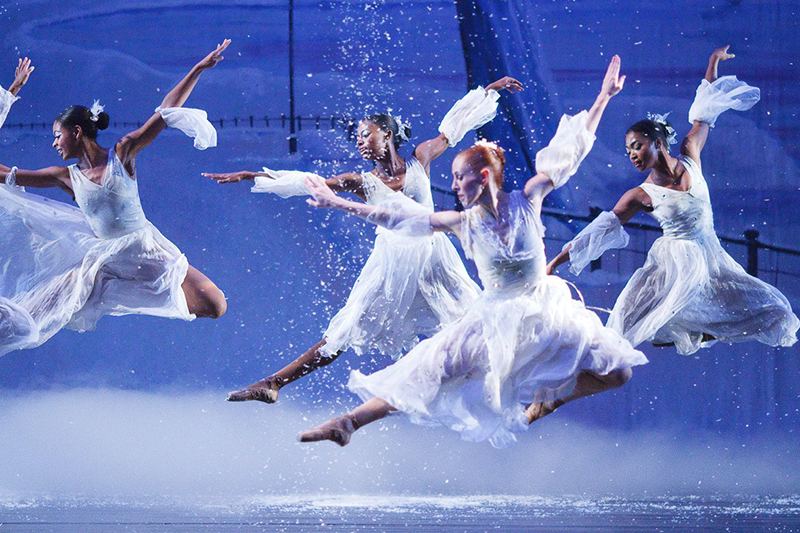

Ballethnic Dance Company was founded in 1990 by Nena Gilreath and Waverly T. Lucas II. This husband and wife team had a dream to teach ballet to those who have been shut out of the performing arts, including people of color and people with non-traditional body types.
For the last 30 years, Ballethnic has been defying stereotypes and embracing culture by combining ballet with other forms, including jazz, tap, hip hop, and African dance. As Atlanta's first and only African-American-founded, classically-trained professional ballet company, Ballethnic both teaches and produces unique and exciting dance performances locally and nationally. The company's goal is to inform, educate, and entertain through dance.
We had the great pleasure of talking with Ballethnic cofounder Nena Gilreath about chasing your dreams, the similarities between ballerinas and ninjas, and the dangers of doing high kicks in department stores.
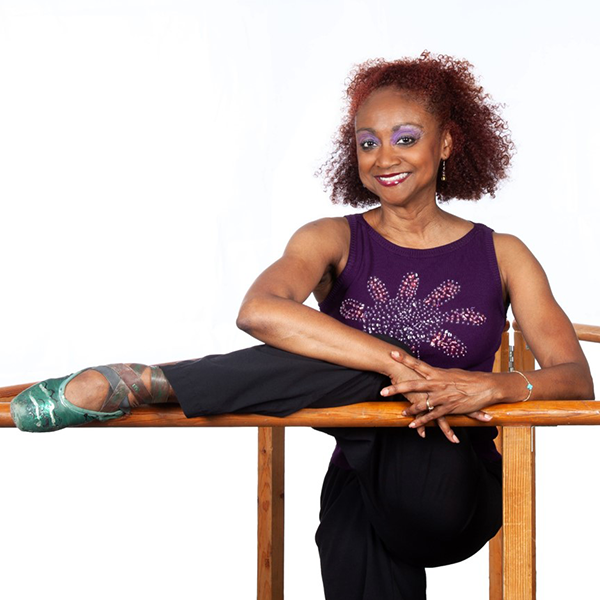
Ballet is an unusual line of work. What's your background, and how did you get involved?
I grew up in a small town — North Wilkesboro, North Carolina. It was an idyllic setting in the foothills of the Blue Ridge Mountains. Singing and dancing were part of the community culture. We sang at church and school and enjoyed all types of social dancing.
I always danced and played music. I choreographed dances in my basement, and my brother and sister had to bring me water because I would dance for hours without stopping. Dancing was how I would get from one place to another. I danced in stores, and often before going to a store, my mother would warn me, "no high kicks or jumping" in the store, or I was going to be in big trouble.
I talked my parents into enrolling me in the Canipe School of Dance. It was a big deal. My family didn't have a lot of money, but my mother knew it was my dream and made it happen. I was 13 at the time, so I was off to a late start, but I loved dancing and was finally getting official training. I practiced all the time and excelled quickly.
By high school, I knew dance was what I wanted to do the rest of my life! It was my passion. I loved it so much that I decided to attend the North Carolina School of the Arts. I took summer school classes so I could graduate from high school in three years. I also graduated from college in three years at age 19.
After graduation, I moved to Atlanta and, by invitation from my Jazz teacher Marcus Alford, started my dance career at the Ruth Mitchell Dance Theatre. I danced there for a year before auditioning and being accepted into the world-class Dance Theatre of Harlem.
I packed my huge Samsonite suitcase and moved to New York City. This was a big and scary move, but I found my courage. This magical timing afforded me the opportunity to dance at the Metropolitan Opera season with the Dance Theatre of Harlem as one of my first performances. Imagine that! A girl from North Wilkesboro performing at The Met.
Next up was a European tour. At the time, I had never been out of the country, and now I was living my dream. I toured internationally and was part of the film version of "Creole Giselle." It was a dream come true to be able to go to Denmark and Austria and other places I had only seen on TV. Not bad for a country girl from North Carolina.
I lived in New York for three years, soaking up a lifetime of education, before moving back to Atlanta to dance with the Atlanta Ballet.
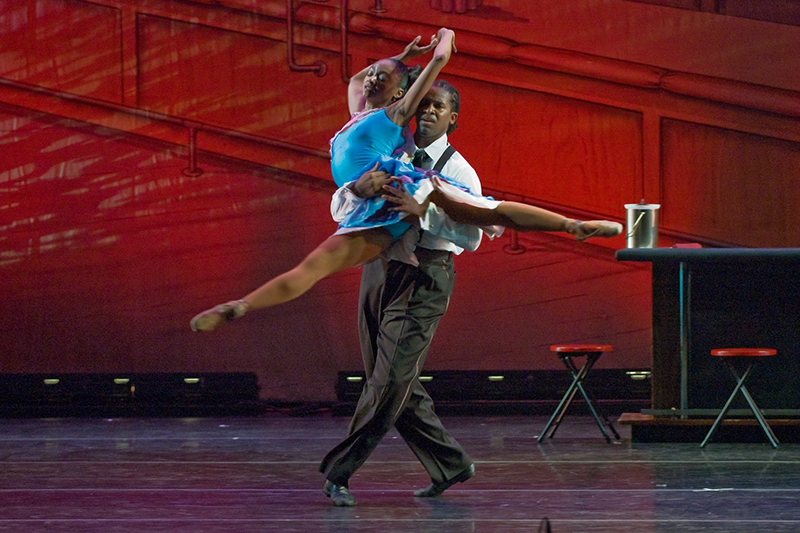
How did you start Ballethnic Dance Company? What makes it unique?
When my husband and I started Ballethnic Dance Company 30 years ago, we were young and idealistic and wanted to make a change in the world through our talent.
We founded the company in 1990 after returning from a tour with Heartstrings, a musical tour that raised money for AIDS research. Mozelle Spriggs, the Chair of Dance at Spelman College, helped us with our start-up needs, like having a place to rehearse and teach as well as setting up our first Board of Directors.
We set out to teach classical ballet to Black boys and girls throughout Atlanta. We wanted to train culturally diverse youth and adults. We continue to provide education, performances, and community programs, with special emphasis on serving those who are economically challenged and void of the arts. We are Atlanta's first and only professional African-American-founded ballet company, and the second in the world.
Ballethnic provides performance opportunities to those who, despite professional dance training, are often overlooked by the majority of ballet companies because their ethnic body types differ from that which is considered traditional for classical ballet dancers.
We use ballet to help enhance the lives of people.
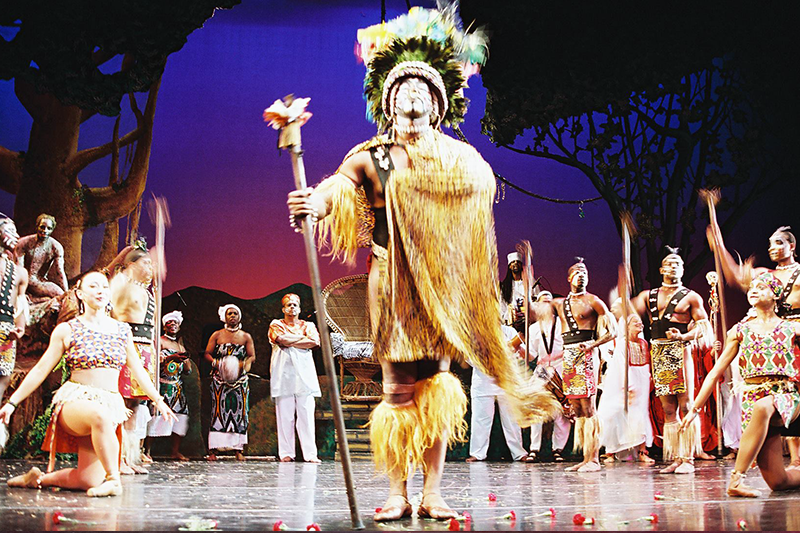
What keeps you inspired?
I stay inspired because I have been able to achieve the unthinkable. Ballethnic was the first professional African-American-founded ballet company in the South. We were able to create opportunities in the region so dance artists did not have to move north to pursue their dreams.
We've helped create dreams for Brown and Black girls and boys who needed role models. We've motivated adults to keep dreaming and to reach back and achieve the dreams they may have left behind due to life's situations. Ballethnic helps people learn new skills in the performing arts that they did not know existed. Many of them are now part of our production staff.
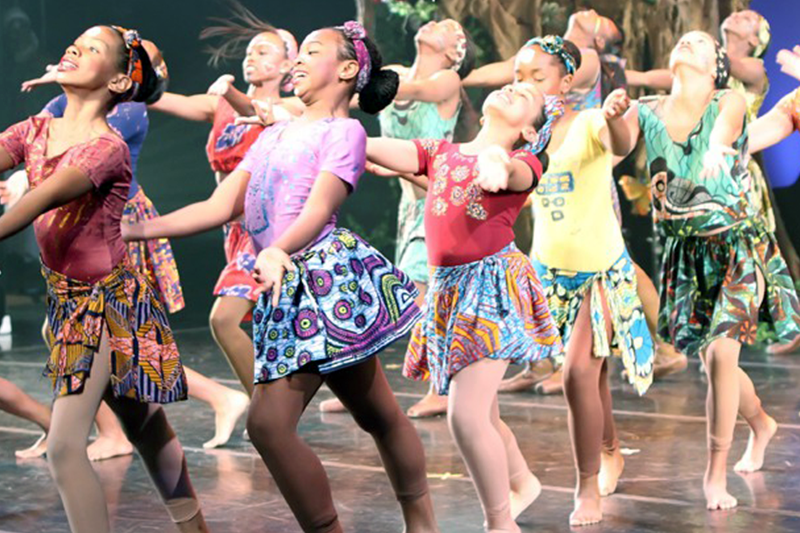
Tell us a little about your students.
My whole adult life has been about creating access and being a cheerleader for the underdog.
My favorite students are those committed to working and achieving a high level of excellence, driven by improving and getting better. I love working with students that know that they have something to prove or were told by someone that they couldn't make it.
I also love working with little children that are looking for a way to express themselves and don't yet realize their natural gifts. I still enjoy teaching, and I try to stay connected with my students by making sure that I am still on the teaching roster. It is one of the most rewarding things that I do.
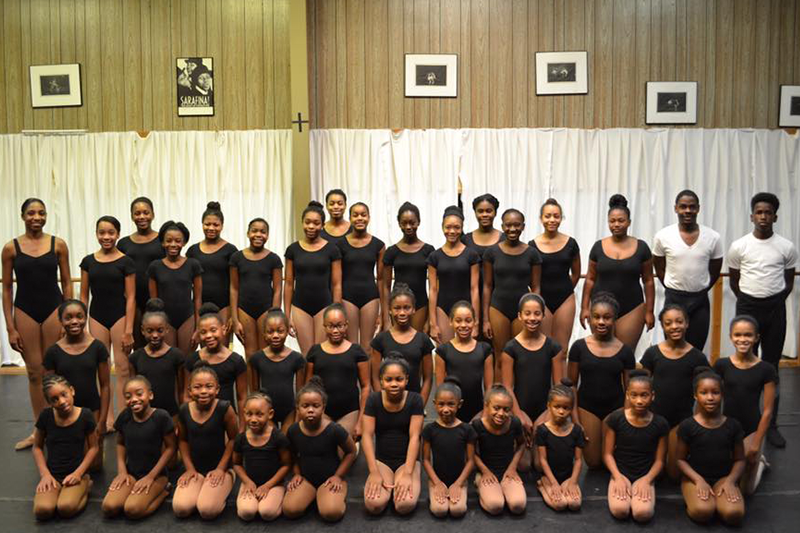
Who has inspired you as a teacher?
My mother, Louella Williams, has inspired me as a teacher because she always led by her actions and was loyal, honest, and forthright in her leadership. She was always courageous, especially during my teenage years. She told you what you needed to hear and not what you wanted to hear. She is a kind and gentle woman but no pushover. I truly believe those attributes gave me my tenacity and courage in business.
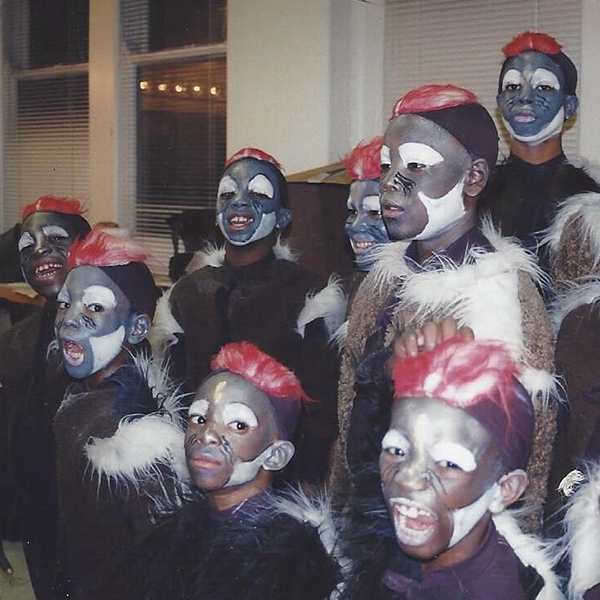
What's something the average person might not know about the ballet business?
Ballet can be brutal. It is a tough, competitive business, and it requires a great deal of knowledge to produce excellent results. High-level teachers who are committed to children are hard to find. Contrary to popular belief, younger children need high-level teachers to provide foundational knowledge. Finding teachers who teach thoroughly and methodically is tough.
Also, dealing with parents can be rigorous. You must earn their trust. For me, running the business is about changing hearts and minds through dance while still reaching your bottom line. It's a tough balance to maintain.
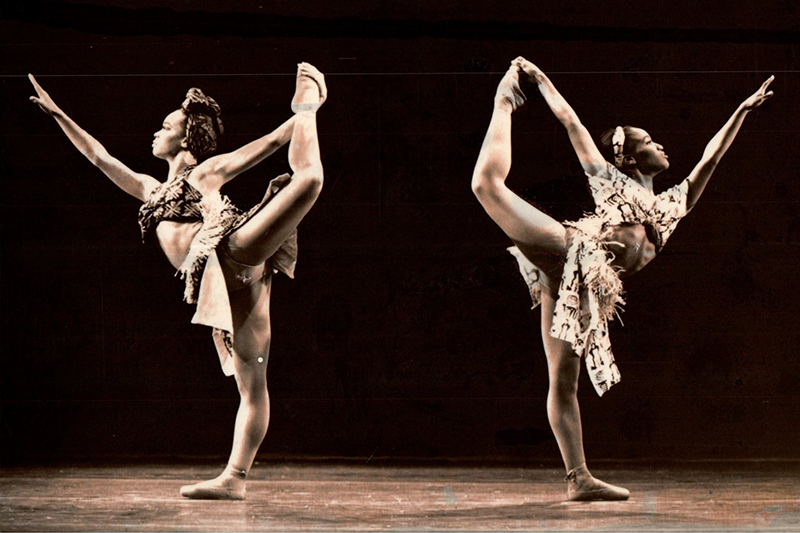
What are some unique challenges you've faced as a Black-owned business in what is often thought of as a traditionally "white" space?
Because ballet is often perceived as a white artform, a great deal of our work has been to teach the technique with excellence but also place our own unique spin on it. To build audiences that support us, we created ballets that are relevant to our community — ballets that tell stories, utilize all types of music, and showcase people that look like the community.
As Black cofounders, my husband and I always have to prove our value, and it is very frustrating. Even though we have the pedigree of training, the work ethic, and the dedication, there has always been a disparity in funding.
As a Black organization, we are always at the table when there are discussions about diversity and implementing diversity in programming in larger organizations. However, it has always been tough to secure adequate funding to sustain and promote our programming at the level that we desire.
Fortunately, the community we serve is filled with entrepreneurs and people that have all created their own way. It is extremely exciting because there is usually a wealth of shared ideas and best practices. Numerous educators have helped inform our teaching with a variety of ways to reach students. Our community is made of people from every industry, and they are always willing to chip in and help Ballethnic to achieve its goals.
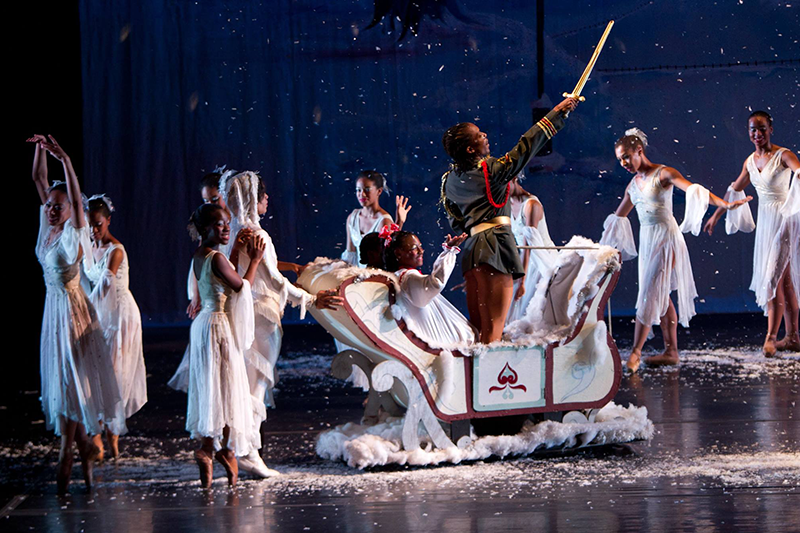
What's the closest you've come to going out of business? How did you overcome it?
By far, the biggest challenge in the history of Ballethnic was when Waverly ruptured his Achilles tendon before a performance, bringing his dancing career to an immediate end. He also sustained postoperative infections that resulted in several skin grafts. This changed everything for us.
We wrote a grant to get administrative support, but it was not funded. It was almost the end of the organization. Luckily, Waverly received an outpouring of support from his GoFundMe campaign, which sustained him and paid some of his medical bills. It was an extremely hard time, but with the love and support of our community, we made it through.
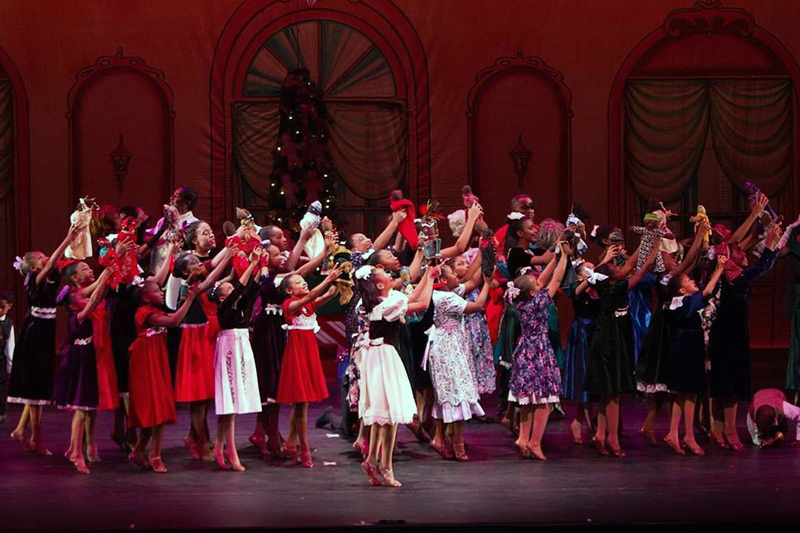
What's been Ballethnic's biggest success?
We have had many successes throughout our three decades. One great memory is being selected to perform as part of the Cultural Olympiad in Atlanta in 1996. We received a large commission to work with internationally known choreographer Irene Tassembedo. Ballethnic collaborated with her company to create a World Premiere fusion of Ballet, Modern, and African Dance.
Another big success was when Waverly showcased his work "Alonzo," a show that compared the similarities and differences between ninjas and ballet dancers. It was exciting because we were presented on a world stage and reviewed in the NY Times. To prepare for this collaboration, Waverly and I traveled to Senegal in West Africa to study African Dance and Drum, increasing our confidence and giving us the tools to continue blending it with our style of dance.
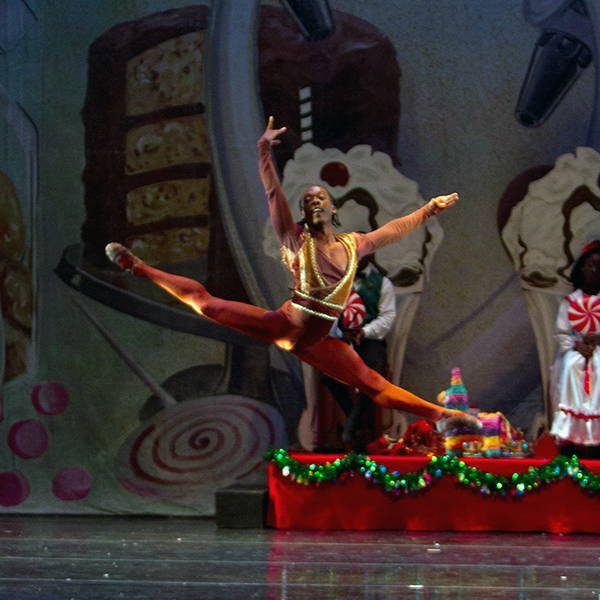
Where do you hope to see Ballethnic in the future?
We will continue to tell original stories that reflect our cultural and other cultural experiences. We will continue to mentor the next generation of dance artists and work to select the next ambitious leaders of Ballethnic. We are focused on creating a financially stable foundation so that future leaders will be able to focus on spreading art, educating, and performing with an entrepreneurial spirit.
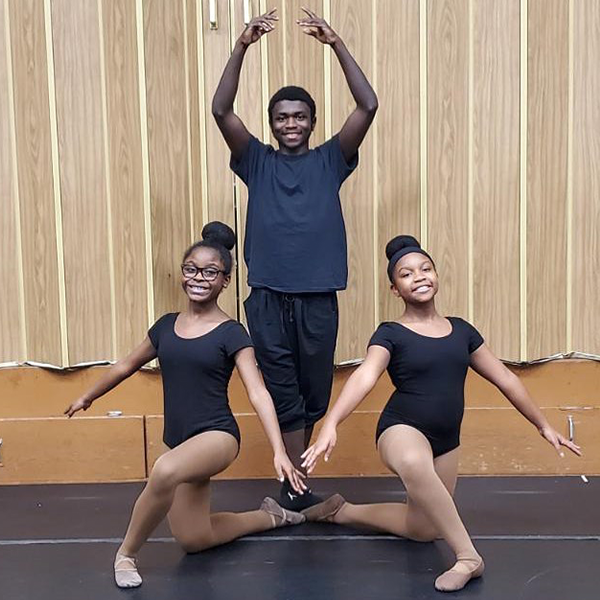
How has the COVID-19 crisis affected your business? What are you doing to adapt?
Surviving COVID-19 is an ongoing process. The pandemic shut down the 30th Anniversary e-performance of our signature ballet, The Leopard Tale, an African American tale about surviving and coexistence.
Ballethnic is using this pause in the world to dig deep, strengthen infrastructure, and create the organization that we deserve on every level. We are completing some small renovations in the office and painting the studios. We own our building, so that has enabled us to breathe easier.
Since shutting down, we started teaching online and will continue that even when we reconvene. We're also planning a more efficient season when we return.
With the amazing support of The Chestnut Family Foundation, we've been able to look at our operations holistically and implement some changes that we haven't been able to do until now. Without their support, this wouldn't have been possible.
We have contacted Ballethnic alumni from the past three decades, and we are planning a gathering themed after The Leopard Tale. We are asking alumni to help us reach the goals that will support our legacy and lay a strong foundation for the next generation.
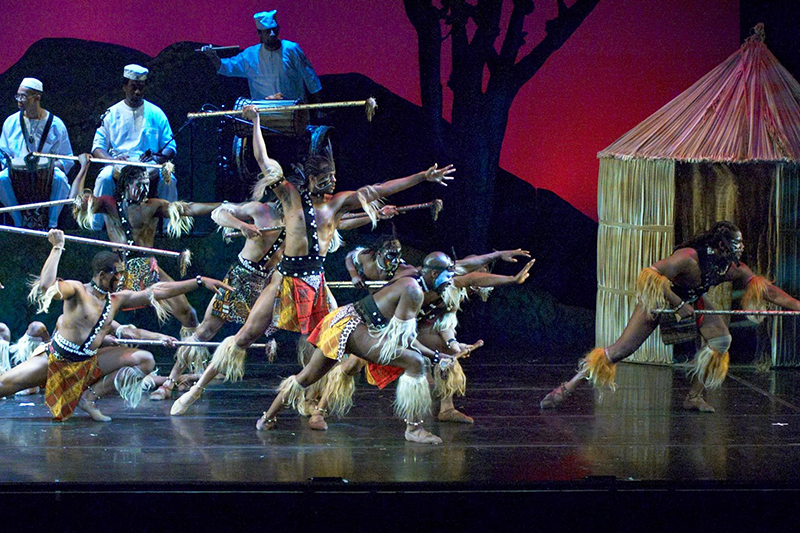
How is your offstage career different from your onstage career?
Because I expend so much energy and around so many people at work, I like my quiet time. Offstage, I am very boring. I like to read, relax, and listen to music, especially my favorite artist — Luther Vandross. I love to take long walks and sit by a lake or at the beach.
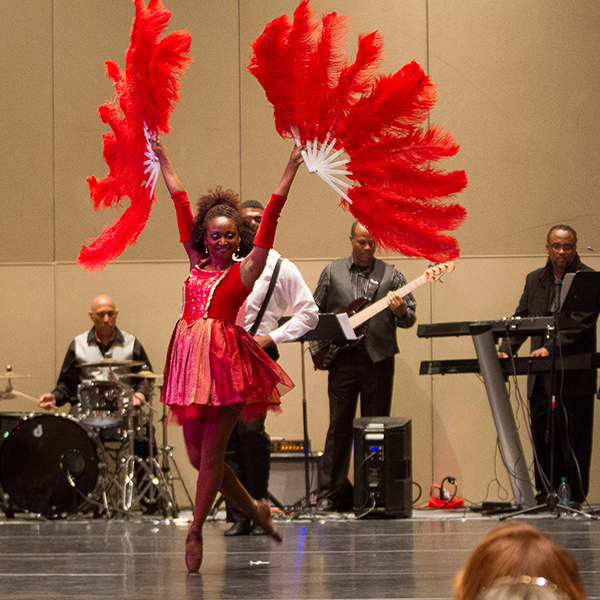
What advice would you give someone thinking about starting a performance-based business or nonprofit?
RUN.
I'm joking. Seriously, it's a great deal of work, and it never ends. Make sure you start the business for the right reasons for you. For me, I started the company to create great art, but I have to fight to stay involved with that aspect of the business.
Try and find a great partner. I am lucky that I married my partner. At times, he even listens to me! (laughs) --
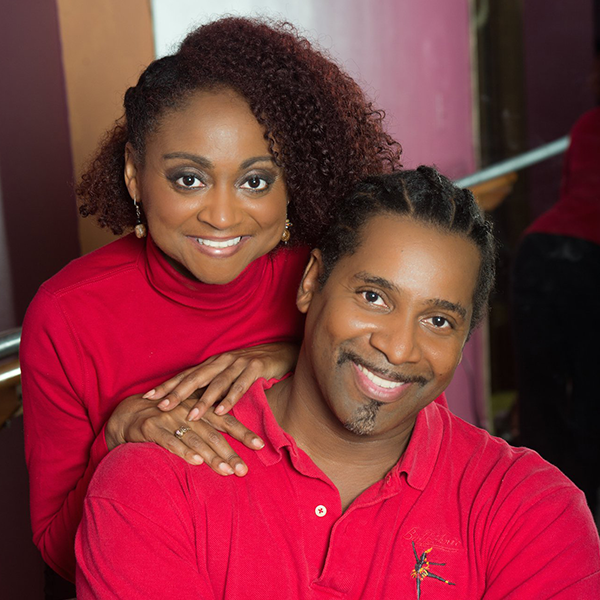
We at Swyft Filings are kind of in awe of Nena Gilreath, who has danced her way right into our hearts. Thank you, Nena and Waverly, for telling us your story and proving that even a small business can help make a positive change in the world.
Just remember — no high kicks in department stores.
You can learn more about Ballethnic by following them on Pinterest, Twitter, or Facebook. You can also visit their website at https://ballethnic.org/ or make a donation to keep the dream of dance alive for children of color.
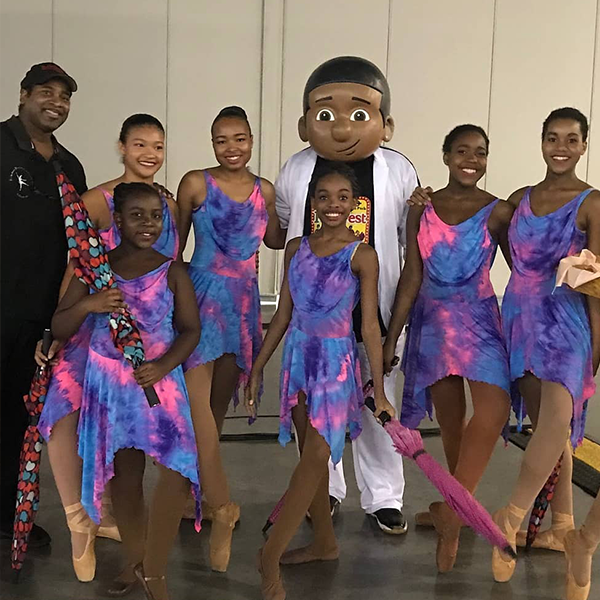
Swyft Blog
Everything you need to know about starting your business.
Each and every one of our customers is assigned a personal Business Specialist. You have their direct phone number and email. Have questions? Just call your personal Business Specialist. No need to wait in a pool of phone calls.

